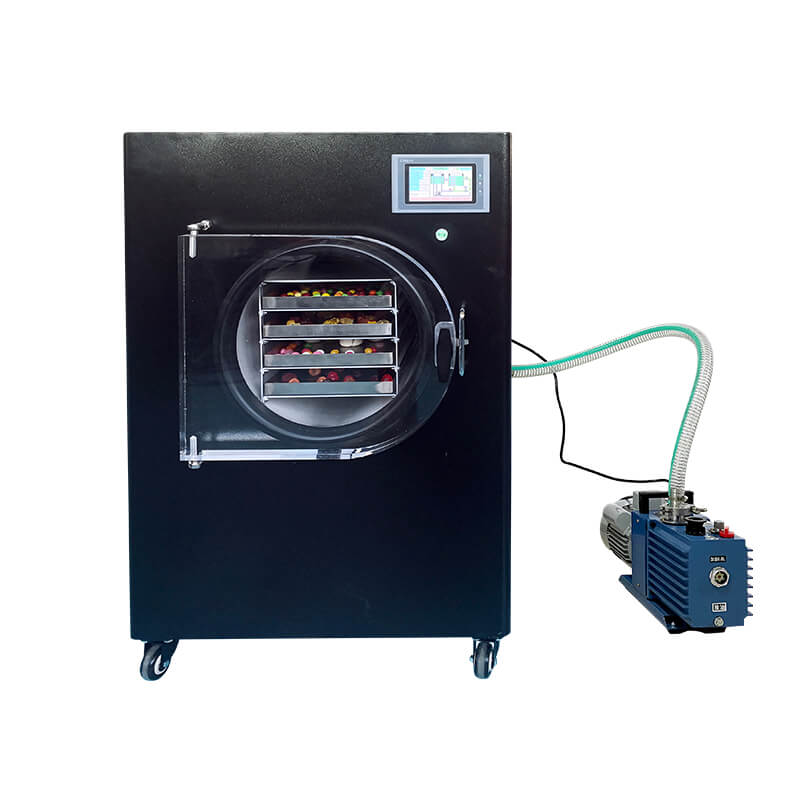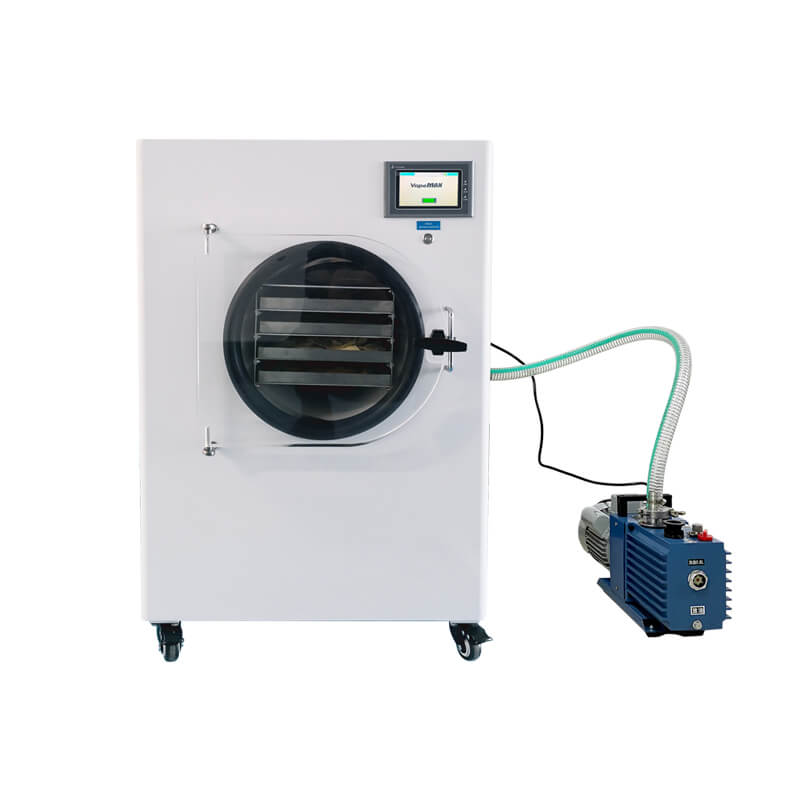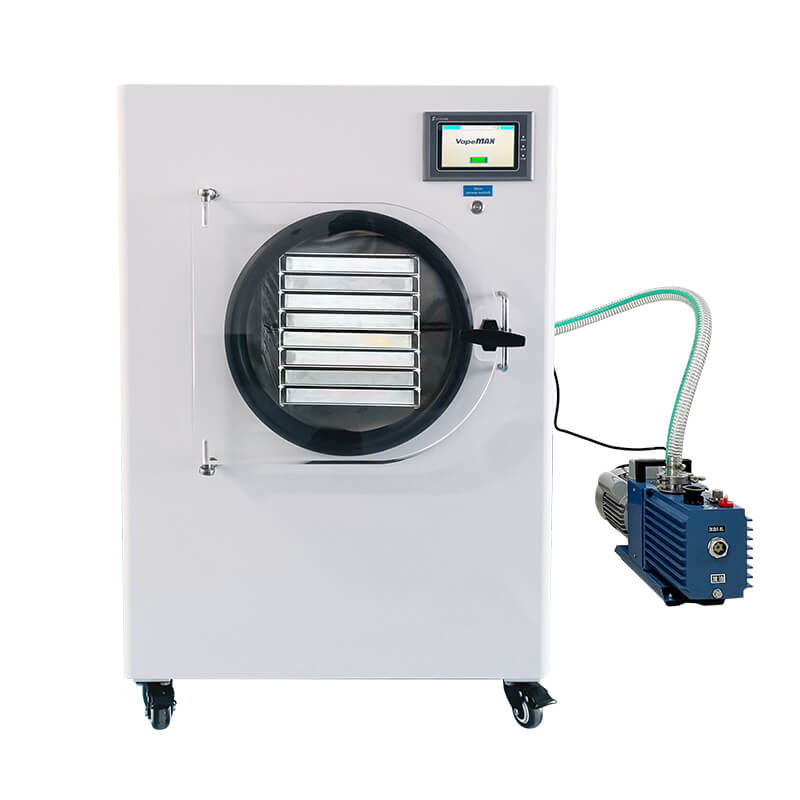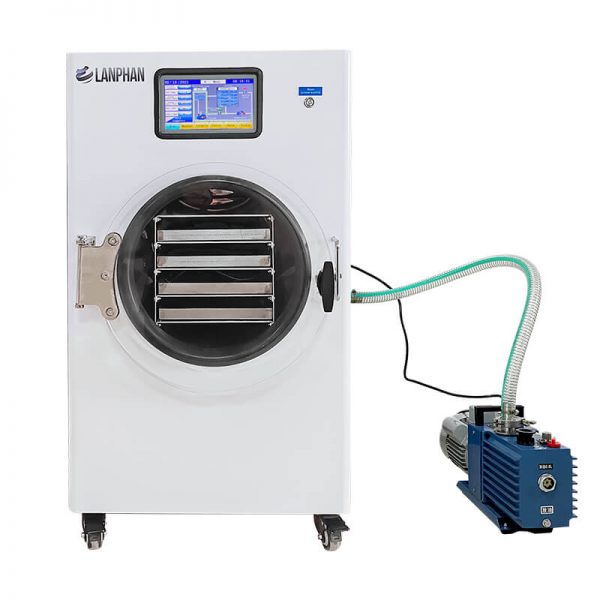Freeze drying is often associated with minimizing food waste due to the following reasons:
01
Extended Shelf Life
Freeze-dried food has an extended shelf life compared to fresh or perishable food items. By removing moisture from the food, freeze drying inhibits the growth of microorganisms and enzymes that can cause spoilage. This extended shelf life allows for a longer window of time to consume the food before it goes bad, reducing the chances of food waste.
02
Preservation of Nutritional Value
Freeze drying preserves the nutritional content of food by minimizing degradation during the preservation process. The low-temperature drying and removal of water help retain the original vitamins, minerals, and other nutrients present in the food. This preservation of nutritional value encourages the consumption of the food, reducing the likelihood of discarding it due to a decline in quality.
03
Retention of Flavor and Texture
Freeze-dried food retains its original flavor and texture when rehydrated. The freeze drying process preserves the cellular structure of the food, allowing it to regain its texture and taste when water is added back. This retention of flavor and texture enhances the overall eating experience and reduces the likelihood of discarding the food due to unappealing qualities.
04
Portion Control
Freeze drying allows for portion control by preserving food in individual servings or smaller packages. This enables consumers to consume only the desired amount of food at a time, reducing the risk of leftovers that may go to waste.
05
Utilization of Surplus or Seasonal Produce
Freeze drying provides a means to preserve surplus or seasonal produce that might otherwise go to waste. By freeze-drying excess fruits, vegetables, or herbs, they can be stored and consumed later, preventing spoilage and reducing food waste.
06
Reduced Spoilage
Freeze drying reduces the chances of spoilage during transportation and storage. With the removal of moisture, freeze-dried food becomes less susceptible to microbial growth and enzymatic activity, minimizing the risk of food spoilage and waste.
By extending the shelf life, preserving nutritional value, retaining flavor and texture, enabling portion control, utilizing surplus produce, and reducing spoilage, freeze drying helps minimize food waste. This makes it a valuable technique for preserving food and reducing the environmental impact associated with food disposal.





